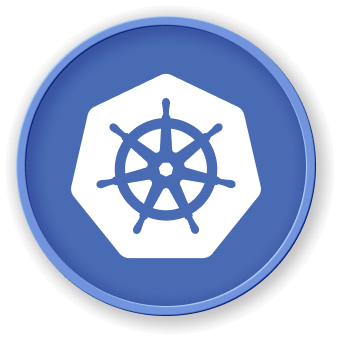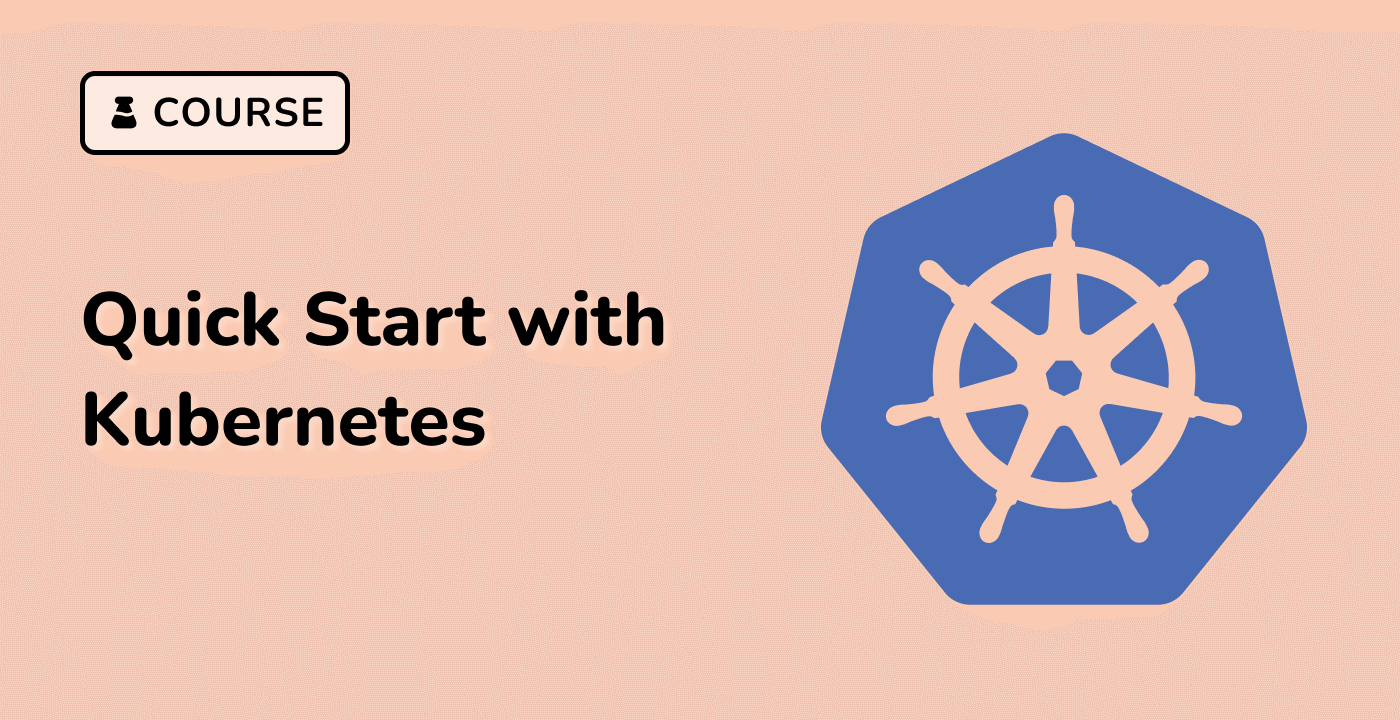Checking and Managing Kubernetes Cluster Version
Keeping track of the Kubernetes cluster version is crucial for maintaining a healthy and up-to-date cluster. Kubernetes provides several ways to check and manage the cluster version, which can be useful for troubleshooting, planning upgrades, and ensuring compatibility with your applications.
Checking the Kubernetes Cluster Version
You can use the kubectl command-line tool to check the version of your Kubernetes cluster. Here's an example:
## Check the Kubernetes server version
kubectl version --short
## Output:
## Client Version: v1.23.0
## Server Version: v1.23.0
The kubectl version --short command displays the client and server versions of the Kubernetes cluster. This information can be useful to verify that the client and server are running the same version, which is important for ensuring compatibility.
You can also use the kubectl get nodes command to check the Kubernetes version of individual nodes in the cluster:
## Get the Kubernetes version of each node
kubectl get nodes -o jsonpath='{range .items[*]}{.metadata.name}{"\t"}{.status.nodeInfo.kubeletVersion}{"\n"}{end}'
## Output:
## node1 v1.23.0
## node2 v1.23.0
## node3 v1.23.0
This command retrieves the Kubernetes version of each node, which can be helpful when planning an upgrade or troubleshooting version-specific issues.
Managing Kubernetes Cluster Version
To manage the Kubernetes cluster version, you can use the kubeadm tool, which is the recommended way to upgrade a Kubernetes cluster. The kubeadm tool ensures that the control plane and worker nodes are upgraded in a coordinated manner, minimizing the risk of compatibility issues.
Here's an example of how to upgrade a Kubernetes cluster using kubeadm:
## Check available upgrades
sudo kubeadm upgrade plan
## Upgrade the control plane
sudo kubeadm upgrade apply v1.24.0
## Upgrade the worker nodes
kubectl drain <node-to-drain> --ignore-daemonsets
sudo kubeadm upgrade node
kubectl uncordon <node-to-drain>
In this example, we first check the available upgrades using kubeadm upgrade plan, then apply the upgrade to the control plane using kubeadm upgrade apply. Finally, we upgrade the worker nodes one by one, ensuring that the cluster remains operational during the upgrade process.
It's important to carefully plan and test the upgrade process before applying it to a production environment, as upgrading a Kubernetes cluster can have significant implications for your running applications.



